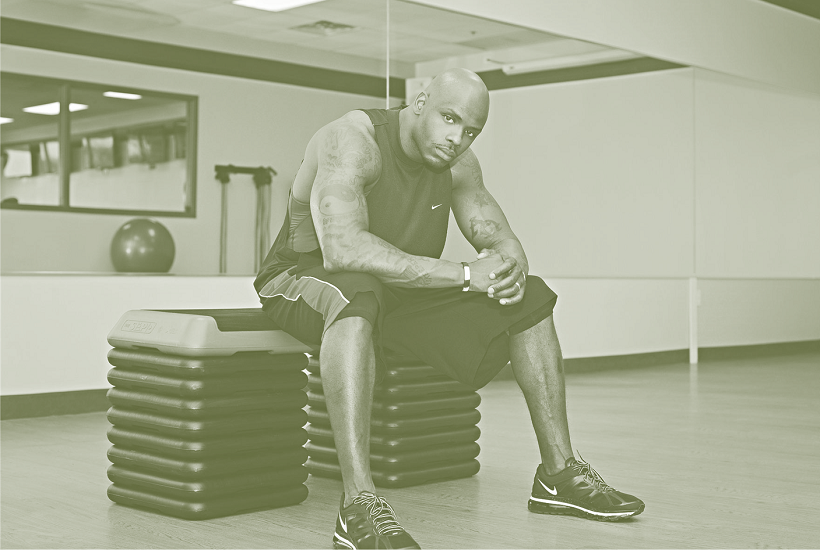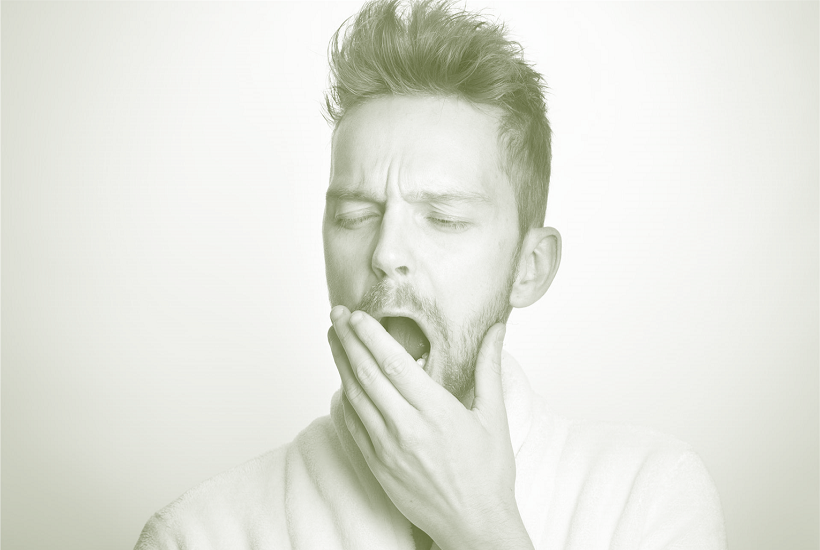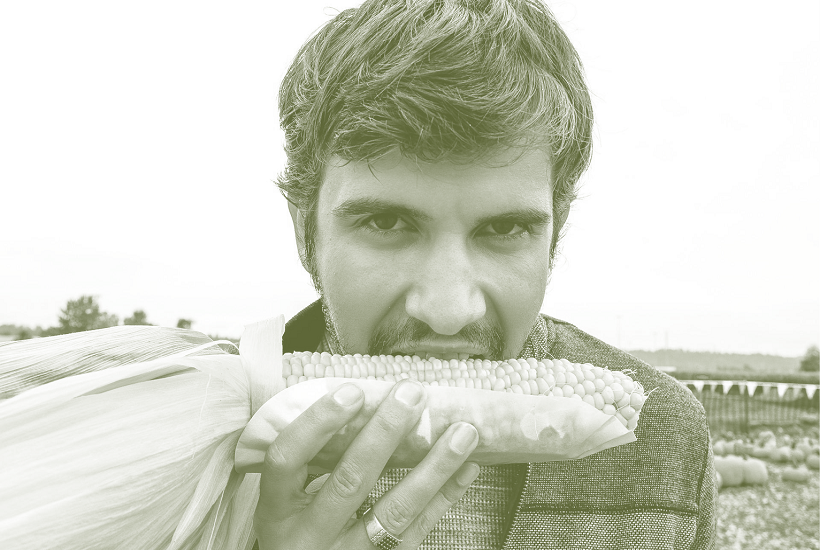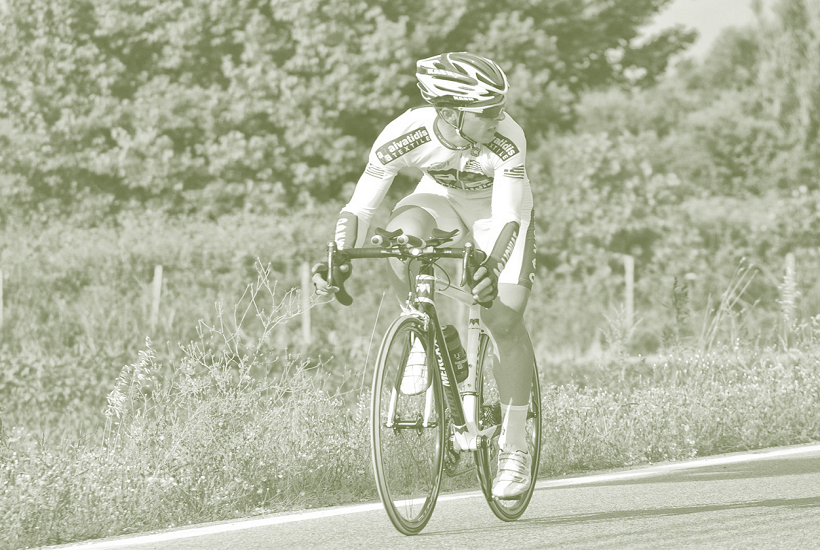your physical wellbeing
Your physical wellbeing relates to your physical health, your levels of physical fitness, your diet and lifestyle, your use of substances and your physical appearance.
To have high levels of physical wellbeing is to be:
- Being mindful about your food intake.
- Making efforts to be as physically active as you can.
- Getting as much physical rest, and recharging sleep as you can.
- Making informed choices and decisions about your use of substances.
- Being protective of self when you are engaging in sexual activities.
- Attending to symptoms you may have. or your experience of ill-health.
- Embracing and being proud of your physical appearance and image.

CONNECTING TO YOUR PSYCHOLOGICAL WELLBING
Your levels of physical wellbeing and contentment can impact on your psychological wellbeing in both positive and negative ways.
On the positive side…
If you are feeling physically fit and well, are taking in the right kind of foods to give you energy and stamina, are well rested, and are making wise choices about your use of substances, you will have the energy and drive you need to go out there and live your best life, pursing all you want to achieve.
If you are feeling content and proud of how you look and your image, you will have the confidence to go out into the world with your head high, and feel empowered to make connections that will enrich your life.
On the negative side…
If you are sleep deprived, malnourished or under the influence of substances, your mind will be adversely impacted, and you may not be able to think clearly or constructively in your own best interests.
If you are battling illness, a sexually-transmitted infection diagnosis, or sexual dysfunction, your levels of stress and low mood are likely to be highly elevated.
If you are discontent or self-conscious about your appearance, this may inhibit your ability to pursue your goals and interrelate with others.

INFLUENCERS ON YOUR PHYSICAL WELLBEING
- Your diet.
- Your levels of physical activity.
- Your sleep patterns.
- Your use of substances.
- Your sexual practices.
- Your engagement with health screening and health checks.
- Your belief about your own appearance.

LOOKING AFTER YOUR PHYSCIAL WELLBEING
First, reframe your mindset around attending to your physical wellbeing away from a set of punitive rules and restrictions you have to follow, and instead start to see it as a means to proactively self-care and prioritise looking after yourself throughout your life.
Get into the ongoing habit of thinking, and then acting on what your body needs to be at its best. Remembering that your brain in an organ, so like the rest of your body, it will work more in your favour if you are physically well cared for (which directly benefits your mental and emotional functioning too).
Attune to physical self, and listen to the messages your body is sending you about what it requires, and also what does not react well with you physically.
It is not about being perfect, it is about making achievable and beneficial changes where you can. Should that be an extra hour’s sleep, eating some nourishing food, or drinking one less pint than usual on your night out.
Use physical activity as a means to help manage your moods. It can help to ‘burn off’ stress in your body, or lift your mood through the release of endorphins.
Finally, if there is something going on with you physically that you need help with, such as uncontrolled use of substances or physical symptoms that are worrying you, reach out for the appropriate professional support to understand what is going on, and get help to deal with it.

HOW MANN uP CAN HELP?
MANN uP services take a holistic approach to your wellbeing. Prioritising your investment in your mental and emotional ‘fitness’ (your psychological wellbeing), whilst encouraging and supporting you throughout your programme to make positive advances in all parts of your life.
During your programme, you will be given space to reflect on how you currently invest in your physical wellbeing, and how that connects over to, and impacts on your psychological wellbeing.
You will be encouraged and supported to think about positive and achievable steps you can take in your life to unlock both your physical and psychological wellbeing potential.
did you know?
- DIET: Men’s Health Forum website states males eat a poorer diet than females, and are less knowledgeable about healthy foods.
- PHYSICAL ACTIVITY: Gov.UK website shows 63.1% of men are physically active, compared to 59.8% of women.
- ALCOHOL: Office of National Statistics website reports in 2020, rates of alcohol-specific deaths were twice as high among men compared to women.
- MEDICAL HELP: RSPH shows men are much less likely than women to visit their doctor, and Men's Health Forum states they are also likely to have lower levels of health literacy than women.
- ALCOHOL: The NHS 2018 report on alcohol use in England showed 31% of men compared to 16% of women drank more than 14 units per week.
- DRUG MISUSE: A report on drug misuse published in 2019, on the NHS Digital website showed in the previous year, 10.3% of males reported using cannabis (compared to 5% of females), 4% of males had taken powder cocaine (compared to 1.7% of females) and 2.1% reported taking ecstasy (compared to 1.7% of women).
- SMOKING: Office of National Statistics website reports more males in the UK are smokers in 2017 (17% of the male population), than females (13.3% of the female population).
- PENIS SIZE: NHS website says studies show 45% of males are dissatisfied with their penis size. The same website says the average erect penis size is between 5-7 inches.
- DIABETES: NHS website audit report showed in 2017-18 in England and Wales, there was 1,877,550 males with either Type1 or Type2 diabetes, compared to 1,477,530 females.
- STIs: Public Health Agency website reports 65% of new STI diagnoses in Northern Ireland in 2020 were in males.
- HIV: Public Health Agency website reports in 2020, 78% of new HIV diagnoses in Northern Ireland were in males.
- LIFESPAN: Office of National Statistics website shows the average life expectancy for a baby boy born in the UK between 2016 and 2018 is 79.3 years compared to 82.9 years for a baby girl.
- OBESITY: The Health Survey for England 2019 reports 68.2% of men were overweight/obese, compared to 60.4% of women.
- CORONARY HEART DISEASE: The British Heart Foundation Northern Ireland Factsheet says 1 in 8 men compared to 1 in 13 women die from coronary heart disease.
- CANCER: According to the Irish Cancer Society website in Ireland, skin cancer is more common in males than in females.
- CANCER: The Cancer Research UK website shows in males in the UK, there were around 88,200 cancer deaths in 2016, compared to 77,900 in females. Cancer survival is higher in women than men.
- BODY IMAGE: A 2019 report by the Mental Health Foundation showed 28% of males felt anxious and 25% felt depressed because of their body image.
- BODY IMAGE: A 2019 report by the Mental Health Foundation showed gay and bisexual men were likely to have lower levels of self-body appreciation than heterosexual men.
- LIFESPAN: Men's Health Forum report shows 1 in 5 males (19%) who died in the UK during 2020 were under the age of 65.
